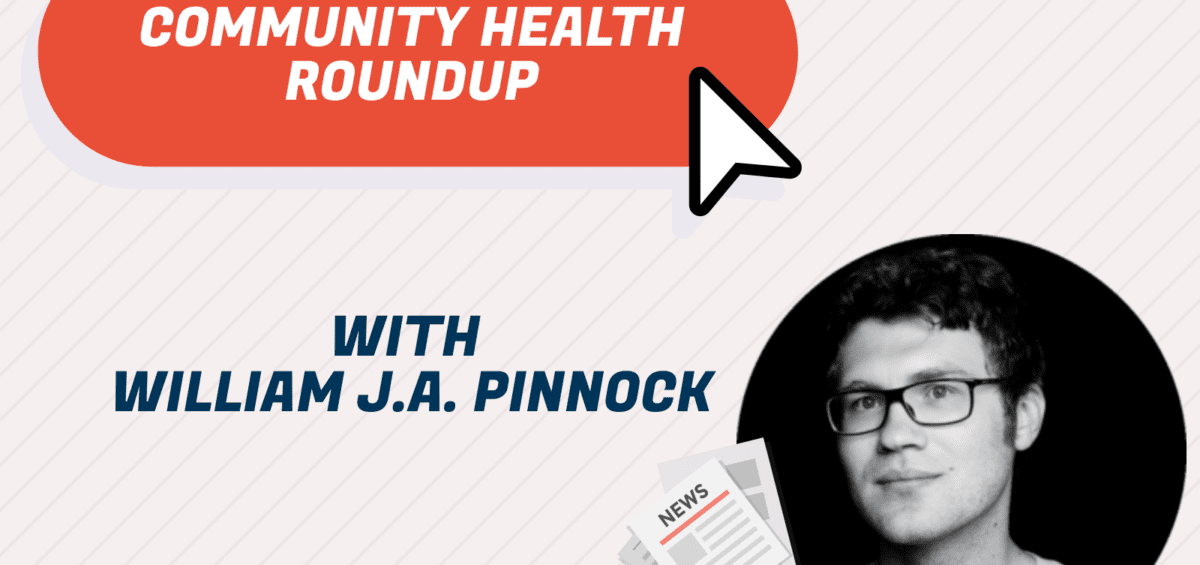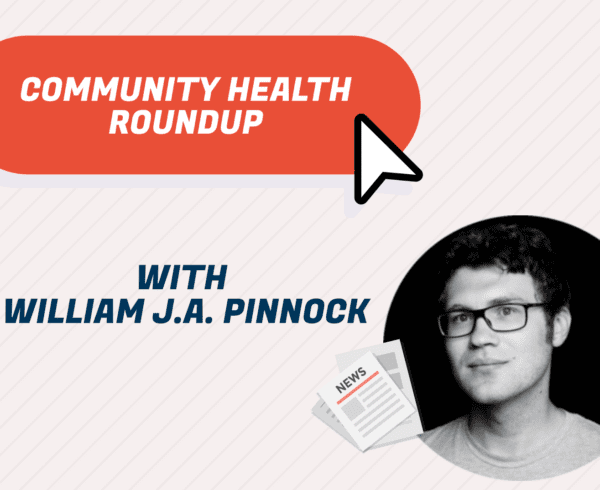Hello and welcome to Community Health Roundup: your source for the latest in health news and information. It’s been quite a while since I’ve posted and I apologize for the delay, but now I’m back and with three very interesting articles in hand. This week I’ve found articles about the role community health centers play in addressing the opioid epidemic, the effectiveness of electronic nicotine delivery systems (ENDS), and a promising new treatment for those with PTSD.
A new report out from the Kaiser Family Foundation highlights the impact that community health centers (CHCs) have in combating the opioid epidemic. For example, 40% of CHCs surveyed distribute naloxone. And 48% of health centers provided medications as part of medication-assisted treatment. Read more about the effects CHCs have on the curbing the opioid epidemic here.
What if I told you that electronic nicotine delivery systems (ENDS, also known as e-cigarettes) were more likely to help you curb smoking? Well if I told you that, I would be a liar according to a new paper out in PLOS ONE which shows the opposite: users of ENDS are NOT “more likely to quit smoking than smokers who don’t use ENDS devices.” The researchers, out of George State University’s School of Public Health, found that users of ENDS had lower odds of quitting smoking (9.4%) as compared to those who did not use ENDS (18.9%). Head over to AAFP to read more about the study.
A new intervention out of Rush University is showing signs of mental health improvement for veterans with PTSD. The program involves an intensive outpatient therapy program lasting three weeks (more than 100 hours) of “specialized mental health services that combine evidence-based therapy with wellness interventions.” The researchers running the trial found that at the start of three week trial, 96% of respondents indicated they had moderate to severe PTSD, but after the trial that number dropped to 42%. Read more about this trial here.
About the Author
William Jacob Amadeus Pinnock is a Research Coordinator at OCHIN where he assists with the creation, execution, and dissemination of research projects. He graduated with an MS in Communication from Portland State University where he focused on health communication, rural mass media, and qualitative research methods. He has experience working in commercial health insurance, healthcare research, and radio broadcasting. In his spare time, he is an Adjunct Instructor at Portland State University helping students master the art of public speaking.





